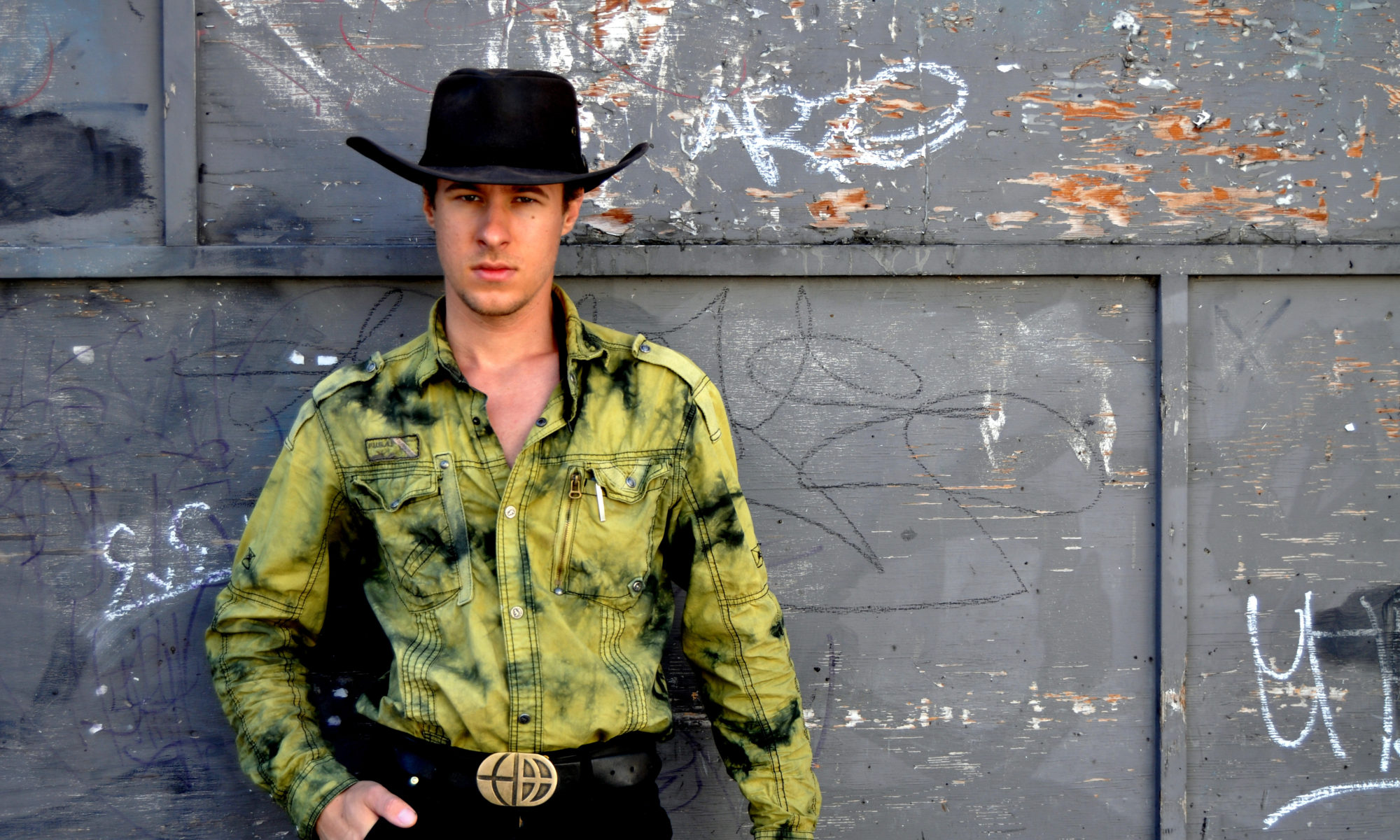Carolyn Henderson
Marquee

Falling metal, flying shrapnel, punishing heat, blinding light, loud noises — it doesn’t sound like an artist’s studio, but then again, the making of Joseph Rastovich’s art doesn’t fit into a small space. The Kennewick artist, whose primary medium is fabricated sculpture in steel, designs wall art, furniture, and lamps, in addition to significantly sized public art pieces.
He started working with metal when he was 14 years old, after inheriting classic cars from both sides of his family.
“I had to learn metal work to fix these cars, and that quickly transformed into my art career,” Rastovich says. “I had a job as a dishwasher at a jazz and wine club during that time and spent my paychecks solely on metal working tools.”
Ten years later, Rastovich’s studio, which is primarily outside his home (“luckily all my neighbors like me and accommodate my unusual profession”), boasts a plethora of the specialty tools necessary for metalwork: welders, plasma cutters, air compressors, grinders, sheet metal roller, clamps, gantry cranes, vises, sandblasters, an oxyacetylene kit, and forklift among others. These are just the tools. Finding the supplies with which to create is another matter.
“Unlike most artists, when I go to an art supply store, there effectively is nothing I can use,” Rastovich says. “Instead, I source my materials and supplies from industrial stores such as steel yards, welding supply stores, and industrial paint stores.”
The son of two artists — LuAnn Ostergaard, whose box mounted art prints are sold to private and corporate collections nationwide, and Michael Rastovich, an artist of multiple mediums whose resume includes creating a float for the Portland Rose Parade — Rastovich was “unschooled” for much of his educational career, an experience that allowed him to pursue creative endeavors with full focus.
“Curiosity and awe is the foundation of which intelligence is built,” Rastovich says.
“I was free to study philosophy, learn quantum mechanics, create music, look at great art, witness the running of a business, build things, and commune with nature.” The result, for him, is a 21st century Renaissance Man who not only has a passion about everything, but is extremely fit.
“It is a very physical profession,” he explains, one of the reasons he calls himself a metal wrangler, complete with signature cowboy hat, that is, when the situation doesn’t require a hard one.
“Everything is heavy. Before I bought my forklift, half my time was spent just moving steel plate with pry bars, rollers, and blocking.” And while the forklift has made certain aspects of his job easier, it still isn’t . . . easy. Because the work takes place primarily outside, Rastovich finds himself in all types of weather, ranging from 120 degrees to 0 degrees, from full, blazing sun to pouring rain and falling snow.
Rastovich sells his smaller work through galleries as well as furniture, gift, and jewelry stores throughout the Pacific Northwest. His larger, public works are installed in parks, schools, business districts and hospitals in the Tri-Cities, Spokane, and Tualatin, OR. He also attends select art festivals, including the Sausalito Art Festival in California and the Bellevue Art Festival, both prestigiously difficult to get into.
“At art festivals, I often admire jewelers because their entire inventory fits in a suitcase,” he observes wryly. “I have had shows where I needed to bring a forklift. But alas! I enjoy the scale and gravity of my work.”
Visual art, he believes, is like a static form of music, and like music, has the ability to bring forth powerful emotions in the viewer, from tears to joy, from quiet contemplation to the impulse to dance. It is his goal that his own art, large pieces or small, bring on a sense of awe and inspiration.
“I create art to provide relief from normalcy.
“What was a bare wall of insignificance becomes a reason to stop and slow down.
“What was empty space becomes a place for inspiration.
“What was a normal average day can be transformed into a power memory, when one encounters art.”
